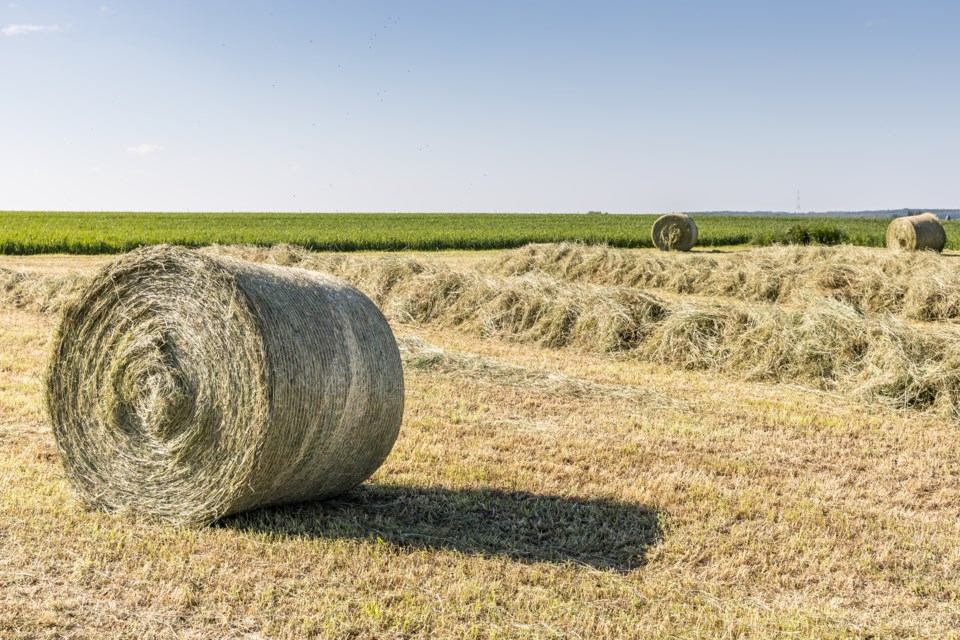REGINA - Harvest is now four per cent complete in Saskatchewan as many combines entered the field this past week, according to the crop report for the period of August 1 to August 7. This is ahead of the five-year and 10-year averages of two per cent. Producers who have not started yet are preparing for the oncoming harvest season.
Producers have been working on taking their winter cereals and pulse crops off this past week. The fall rye harvest is most advanced, with 43 per cent of the crop off. Winter wheat is currently 15 per cent harvested for the year. Harvest progress is led by the southwest, with 11 per cent complete in that region. The northeast region has just started, with less than one per cent of the crop off. Field peas are the most harvested of all spring seeded crops, with 22 per cent of this year’s crop harvested. Lentils are not far behind with 17 per cent of the crop in the bin. In general, harvest is just beginning for oilseeds (canola, flax, mustard and soybeans).
Many haying and silage operations are finishing their last fields. Provincially, dryland alfalfa yields are estimated to be 1.2 tons per acre, while greenfeed is estimated to be 1.4 tons per acre. Irrigated alfalfa is estimated to yield 2.9 tons per acre, while green feed is estimated to yield 1.2 tons per acre. Silage yields are estimated to be 4.4 tons per acre. Water quality is a concern this year given the dry conditions. Water quality testing for livestock is available to producers through their local .
Scattered and varying rain showers moved through the province this week. The southwest reported the most precipitation this past week with 36 mm in the Eyebrow region. The Pelly region also reported significant moisture with 31 mm, while other areas of the province received as little as trace amounts. Provincially, 12 per cent of cropland has adequate moisture, 45 per cent is short and 43 per cent is very short. Ten per cent of hay and pasture land has adequate topsoil moisture, 43 per cent is short, and 48 per cent is very short.
Crop damage this past week was mostly due to drought and heat stress, as well as grasshopper and flea beetle damage. Producers are busy harvesting and preparing bins and machinery for harvest. Producers are also busy selling cattle, hauling water and preparing for fall operations.
Harvest is a busy time for producers. The public is reminded to give machinery extra space and time when travelling on roadways. The risk of fire this harvest is exacerbated by the dry conditions seen throughout the growing season and producers are encouraged to have fire mitigation resources at the ready. Dry conditions can be stressful for producers, and they are reminded to take safety precautions in all the work they do. The Farm Stress Line is available to provide support to producers toll free at 1-800-667-4442. Additional resources related to dry conditions are available or by contacting the local regional office.
You can no longer count on social media to deliver important news to you. Keep your news a touch away by bookmarking SASKTODAY.ca's homepage at this link.
Here's why you should bookmark your favourites.




